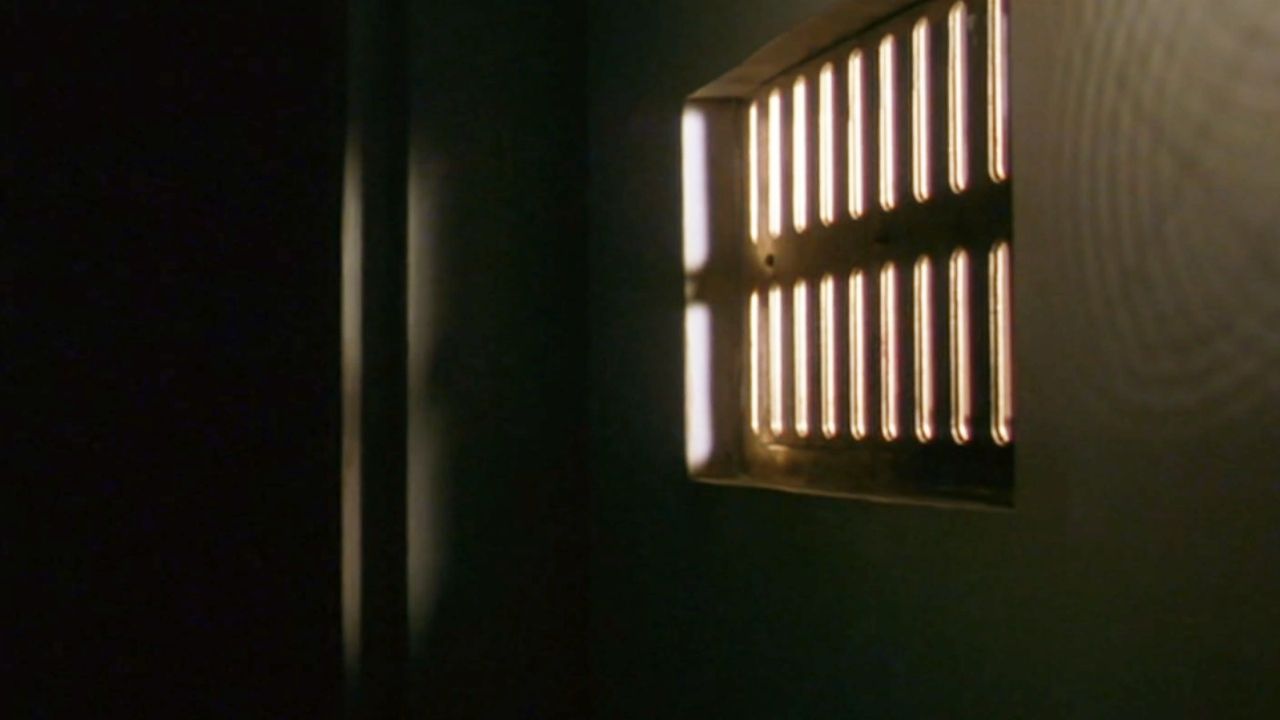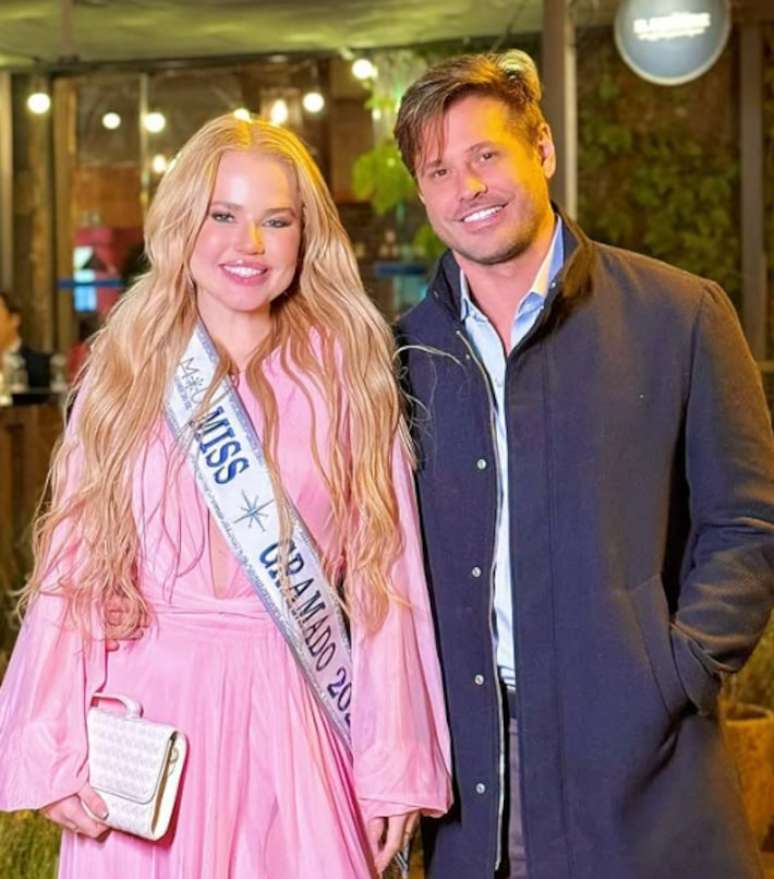The “Power Rangers” series has been a huge success among children around the world, thanks to its dynamic format, with young heroes, exciting action scenes and the famous “morphing” transformation.
Each Ranger had a unique identity, which allowed children to feel connected to one or more characters. The themes of friendship, teamwork and overcoming were well received.
If you remember the time or have heard of it, it probably was and so far there has been no controversy. But “Power Rangers” premiered at different times around the world and was met with mixed reception, both positive and negative, depending on location and perspective.
The world premiere officially took place in 1993. The first season, “Mighty Morphin Power Rangers”, premiered in the United States on August 28, 1993.
The format of the series was an adaptation of the Japanese “Super Sentai”, but with original scenes shot in the United States, which created a mix of action and Western pop culture with traditional elements of tokusatsu series (Japanese programs with special effects and monster battles) .
The first season of Power Rangers premiered in Brazil on October 17, 1994 on the pay channel FOX. A year later, the series began to be broadcast on open TV on Rede Globo. The success was so great that the series gained several time slots and reruns over the years. Globo subsequently continued to air other seasons.
Why were Power Rangers banned in Canada and New Zealand?
“Power Rangers” faced some controversy in countries like Canada and New Zealand due to concerns about its content, especially in the 1990s. In Canada, the series was criticized for its violent content, even though it was aimed at children.
The constant fighting and explosions, although stylized and without realistic consequences, led parents and educators to argue that the program encouraged aggressive behavior.
The series was banned in some parts of Canada shortly after its premiere in 1993. The main reason was concern about the violence shown in the program, which was considered unsuitable for young children.

This decision occurred especially in some provinces, such as Quebec, where media regulators have limited broadcasting on public broadcasters. The ban was neither nationwide nor permanent, and in other regions of the country the program could still be seen on subscription or cable channels.
In New Zealand, “Power Rangers” has been officially banned from public television due to concerns about the negative effects simulated violence could have on children. Although the show was filmed in New Zealand during the “Power Rangers Ninja Storm” era (2003), cultural perceptions about the impact of violence on children were a major factor in the censorship.
Over time, especially in the 2000s, many of these bans have been relaxed or revised, as in some seasons the tone of the series has become less violent and more comedic or educational. Additionally, the show has remained popular due to international distribution and access via DVD and streaming platforms.
How is the current situation?
Today, “Power Rangers” no longer faces significant restrictions in Canada. The series is widely accessible through streaming platforms such as Netflix and YouTube, as well as cable channels that broadcast children’s content.
The initial controversy over violence eased over time, as audiences became accustomed to the series’ style and the content was perceived as lighter and more child-friendly.
The franchise has also evolved, including positive messages such as teamwork, courage and diversity, which have helped improve its reputation. In Canada it is considered a nostalgic series and still has a solid fan base, both among children and adults who grew up watching it.

Even in New Zealand the current situation is very different than in the past and the series is no longer subject to significant restrictions. The initial ban in the 1990s, due to concerns about violence and its impact on children, has long since been lifted.
Since the franchise began filming in the country, “Power Rangers” has gained greater acceptance, especially because it employs many New Zealanders in the cast and production team. This brought economic benefits and helped improve the perception of the series in the country.
Today, “Power Rangers” can be seen on streaming platforms like Netflix and is available to fans of all ages. Additionally, New Zealanders have a special connection to the franchise, as many scenes include local landscapes.
While the initial concerns were valid in their context, “Power Rangers” are now an established part of pop culture in New Zealand.
The series spawned a franchise of toys, films and licensed products, which became extremely popular, especially in the 1990s, “Power Rangers” toys were highly sought after. Longtime fans, both in Brazil and the United States, still maintain a strong support base today, especially at conventions and events dedicated to the series.
But the criticism has gone beyond countries like Canada and New Zealand. In both the US and Brazil, for example, “Power Rangers” has been criticized for its violence, with constant clashes and intense battles between the Rangers and the villains. This led to discussions about the suitability of the program for young children. Some parents and educators were concerned about the negative influence the content might have on children’s behaviors.
Although it was an entertaining action series, many critics considered the plot to be superficial and the production quality (especially in the early seasons) lower than that of other series at the time. Some people saw “Power Rangers” primarily as a series aimed at selling toys, which undermined the perception of the show as something more “artistic” or meaningful.
Some channels and TV shows began limiting the airing of “Power Rangers” after the early 2000s due to this criticism, but the series soon continued to air on pay channels and other platforms.
The post Why were Power Rangers banned in Canada and New Zealand? appeared first on Olhar Digital.
Source: Olhar Digital
Rose James is a Gossipify movie and series reviewer known for her in-depth analysis and unique perspective on the latest releases. With a background in film studies, she provides engaging and informative reviews, and keeps readers up to date with industry trends and emerging talents.




![Tomorrow Belongs to Us: What’s in store for Wednesday 29 October 2025 episode 2063 [SPOILERS] Tomorrow Belongs to Us: What’s in store for Wednesday 29 October 2025 episode 2063 [SPOILERS]](https://fr.web.img2.acsta.net/img/bd/91/bd91cdd6caf823af3b0287cd39a943a5.jpg)


